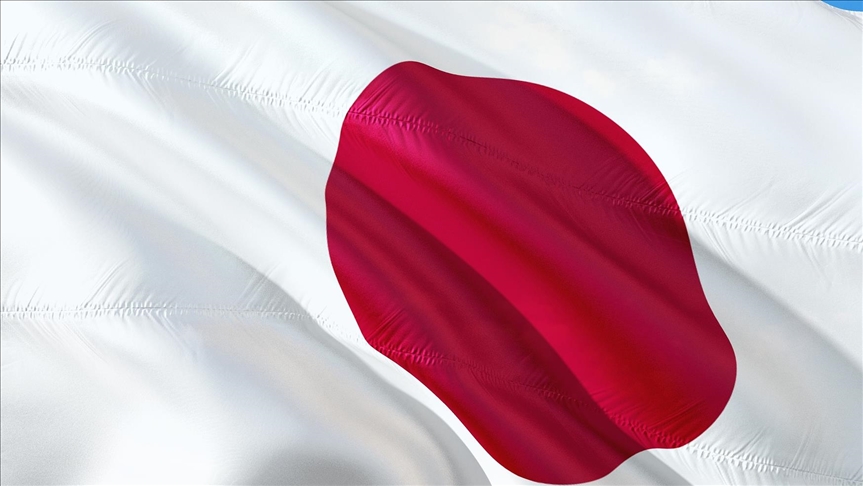Tokyo seeks 'concrete' steps from Seoul to mend ties
Japan says statements not enough to resolve 'historical issues' after South Korea calls for diplomatic solution

ANKARA
Japan on Tuesday called for “concrete proposals” from South Korea to resolve persisting “historical issues” between the two countries.
“It's difficult to make a judgment solely based on the South Korean side's statement that it wants to resolve issues [with Japan],” Foreign Minister Toshimitsu Motegi said at a news conference, according to Kyodo News.
“I want to make a judgment after seeing concrete proposals by the South Korean side.”
His remarks came a day after South Korea’s President Moon Jae-in called for a diplomatic solution to issues related to Japan’s 1910-1945 colonial rule over the Korean Peninsula.
Moon, in his New Year news conference, stressed the need for a two-track approach “separating historical issues from efforts to forge future-oriented bilateral ties.”
Diplomatic relations between Tokyo and Seoul have been at an all-time low over the past few years, following South Korean court rulings ordering Japanese firms to compensate victims of forced labor during the colonial era.
Earlier this month, a court in Seoul ruled that Tokyo must give 100 million won ($91,300) each to 12 women – euphemistically labeled “comfort women” – who were abducted and kept in Japanese brothels during World War II.
Tokyo maintains that all claims related to its 35-year rule over the Korean Peninsula were settled under a 1965 bilateral agreement.
On the “comfort women” dispute, it urged Seoul to “take measures to correct violations of international law.”
Japan said the matter was resolved through a 2015 agreement with Seoul, under which Tokyo paid $9.1 million for the establishment of a foundation dedicated to supporting wartime sex slavery victims.
South Korea, however, disbanded the foundation last year, with President Moon’s administration saying the deal signed during his predecessor Park Geun-hye’s tenure was “seriously flawed.”
The move angered Tokyo, which views the agreement as “final and irreversible.”








